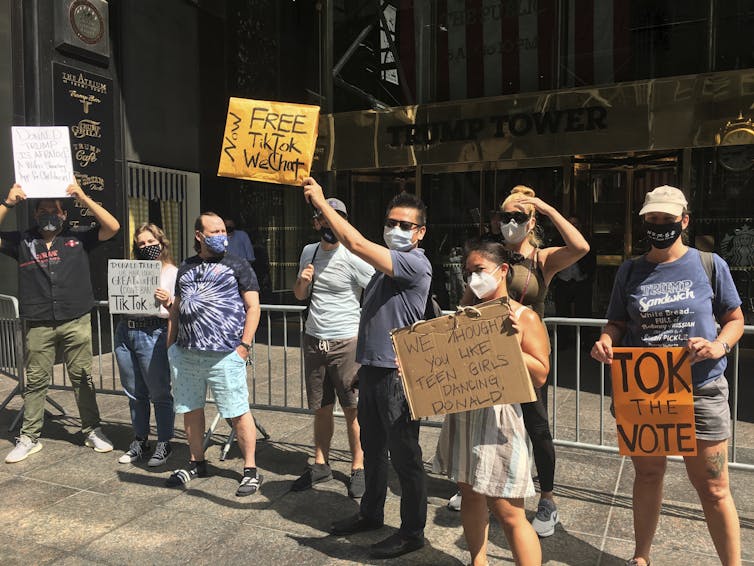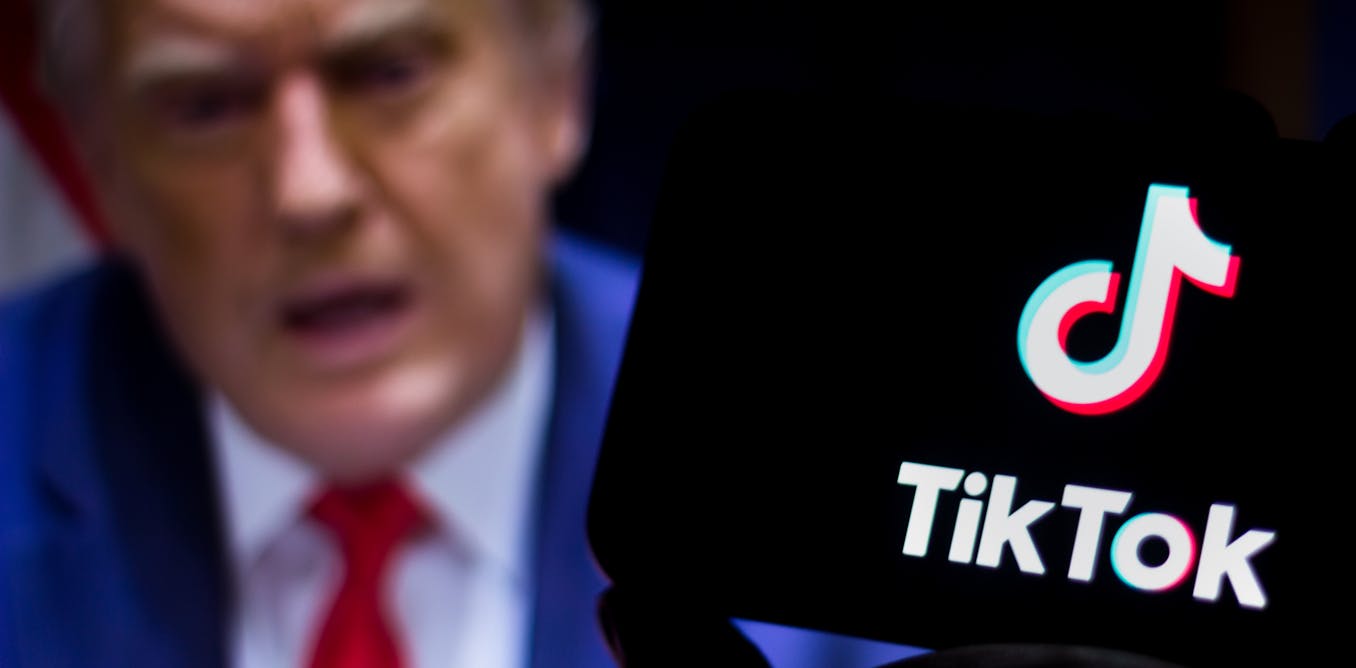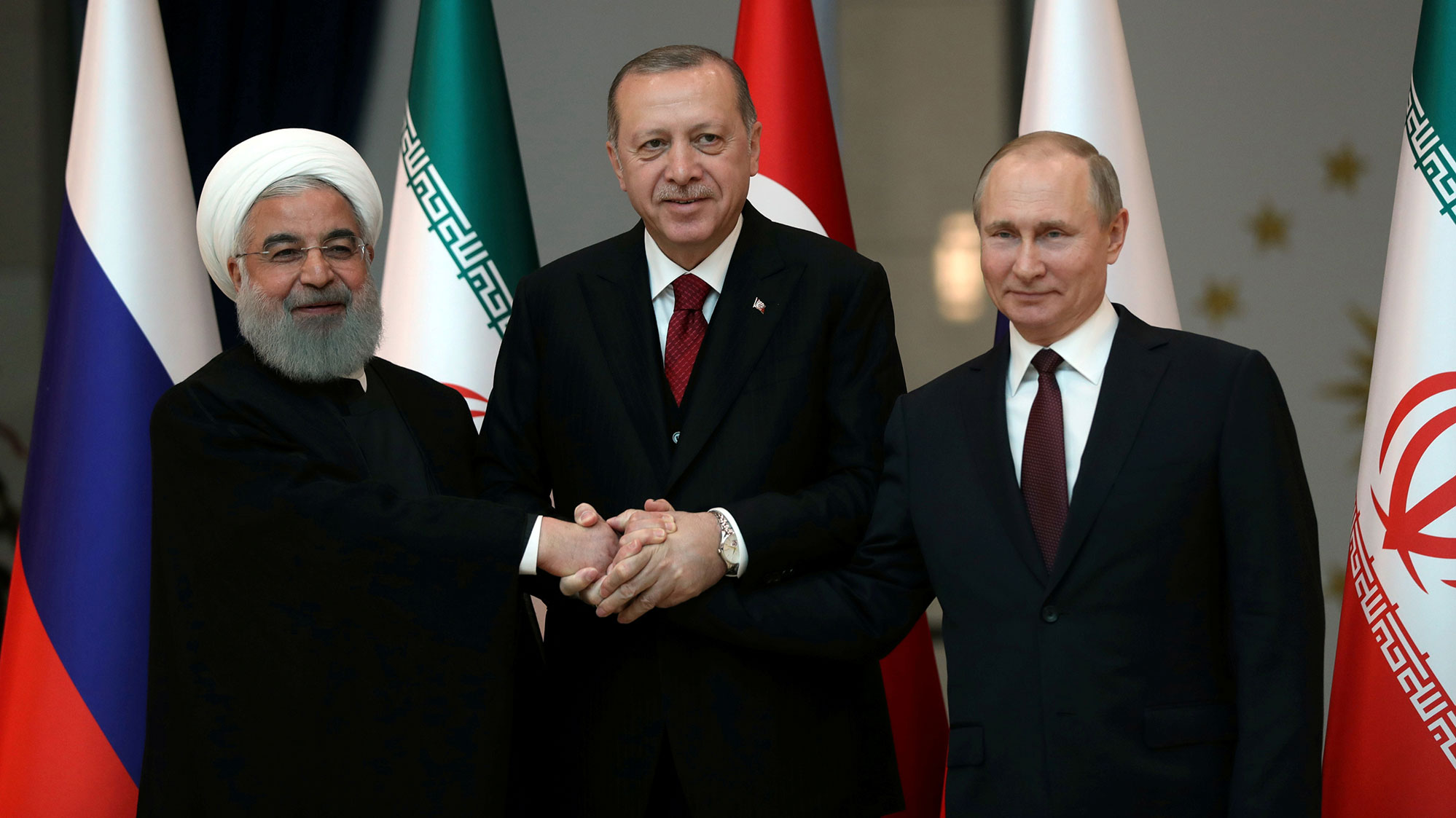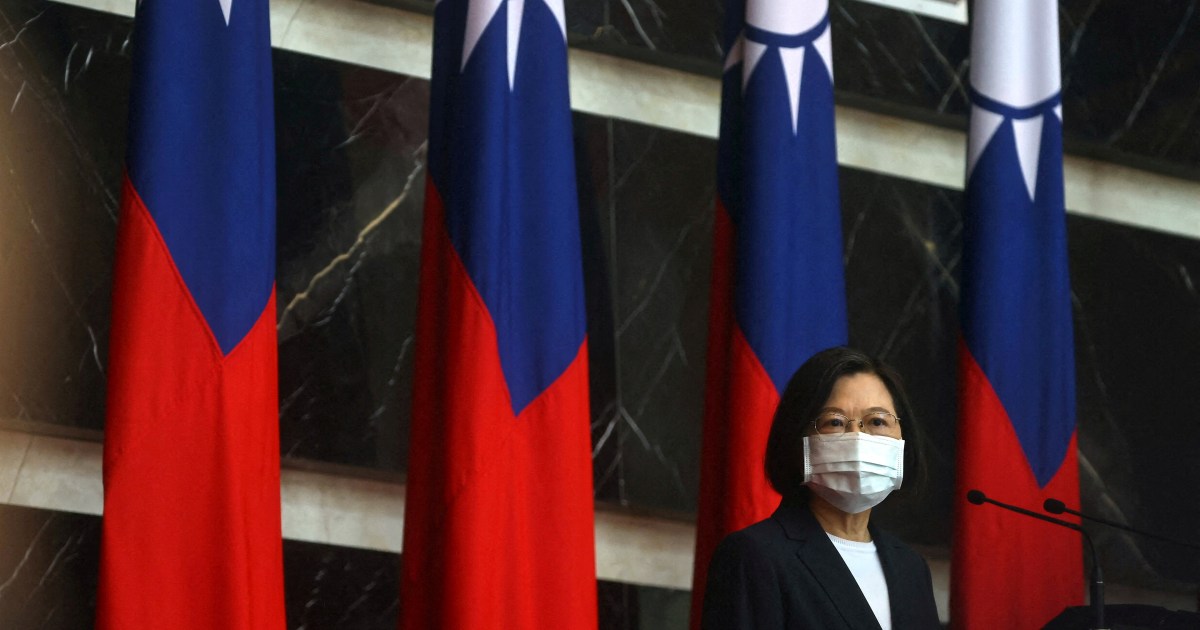[ad_1]
The huge digital platform market has till just lately been dominated by a handful of US-based corporations comparable to Fb and Google. Nonetheless, as overseas governments and competing platforms attempt to erode this domination, platforms have gotten a brand new sphere of geopolitical manoeuvring.
The European Union desires to realize extra management over worldwide tech corporations and obtain extra independence within the digital area. India has banned 177 Chinese language apps on the grounds they’re “prejudicial to the sovereignty and integrity of India”.
And in 2020, the then US President Donald Trump spent months trying to ban the Chinese language-made video-sharing platform TikTok or pressure its sale to an American proprietor. Whereas some claimed Trump was piqued by a supposed prank towards him by teenage TikTok customers, a have a look at statements from US authorities officers over the course of the yr reveals geopolitical considerations have been the principle driver.
If governments are proceed to be pushed by “digital nationalism”, the US-based large tech corporations are more likely to proceed to dominate.
TikTok is the primary main non-US platform
TikTok is the primary social media platform born exterior the US to turn out to be a major rival to Silicon Valley incumbents comparable to Fb and Instagram. The short-form video platform rose to prominence in 2019 and, by early 2020, was essentially the most downloaded app globally.
Since its rise, TikTok has come beneath intense criticism from governments around the globe, who query whether or not ByteDance, the corporate that owns TikTok, sufficiently protects customers’ knowledge towards entry by the Chinese language state.
Nonetheless, the way in which TikTok treats consumer knowledge shouldn’t be very totally different from what its US counterparts do. There may be little to counsel the platform poses any singular nationwide safety menace.
Learn extra:
TikTok is fashionable, however Chinese language apps nonetheless have rather a lot to study international markets
The corporate releases transparency experiences much like these of Google and Fb. A CIA evaluation reportedly concluded there was no proof the Chinese language authorities had intercepted TikTok knowledge.
TikTok’s Chinese language origins can be utilized to oversimplify the platform’s precise territorial connection to China. ByteDance was based in China however it’s integrated within the Cayman Islands and operates as a multinational with subsidiaries in Australia, the US, the UK and Singapore.
Platform geopolitics
The backdrop to Trump’s stance in direction of TikTok was an intensifying contest between the US and China over the strategic worth of the digital setting. Who will get to extract financial worth from the platform financial system? Who will get to exert ideological affect by means of huge sociotechnical programs? Who enjoys strategic benefits from management over and entry to knowledge and infrastructure?
Learn extra:
The web is now an area for battle, and we’re all caught up in it
As right now’s international tech platforms have developed, they’ve largely mirrored the form of classical geopolitics: the US has dominated. Just lately, nonetheless, Chinese language know-how companies have flourished, increasing China’s financial and strategic capacities.
Trump’s TikTok problem
TikTok teenagers might have efficiently pranked Trump, however his actions and rhetoric match inside a geopolitical agenda articulated by others inside the administration.
On June 24, 2020, US nationwide safety advisor Robert O’Brien spoke publicly on the subject of the Chinese language authorities’s “ideology and international ambitions”. He warned China posed a menace to US residents and explicitly implicated TikTok.
Two weeks later, on July 6, US Secretary of State Mike Pompeo instructed TikTok must be handled like Huawei, the Chinese language telecommunications firm that’s successfully banned within the US.
On July 31, 2020, Trump introduced he was planning to ban TikTok.
A number of days later, Microsoft launched an announcement explaining that its representatives had spoken to Trump straight concerning the acquisition of TikTok. When questioned about his talks with Microsoft, Trump said:
[…] it may well’t be managed, for safety causes, by China. Too large, too invasive, and it may well’t be.

STRF/STAR MAX/IPx/AP
On August 5, 2020, the US Division of State introduced an growth of its Clear Community program, which has the said goal of “guarding our residents’ privateness and our corporations’ most delicate info from aggressive intrusions by malign actors, such because the Chinese language Communist Celebration”.
Expansions to this system included 5 insurance policies geared toward lowering the presence of China within the US. These insurance policies restricted using Chinese language telecommunication carriers, purposes bought in app shops and pre-installed on units, cloud companies and undersea cables.
The next day, Trump issued an govt order forcing the sale of TikTok to a US firm on the grounds that TikTok posed a menace to “the nationwide safety, overseas coverage, and financial system of the US”.
Finally Trump’s govt orders have been blocked within the courts and the ban and compelled sale by no means carried out.
The rise of digital nationalism
TikTok offers welcomed competitors to the platform incumbents. If actual competitors within the sector have been to extend, requiring the incumbent platforms to compete for customers, we would see additional improvements within the platform market and a much less concentrated tech sector.
Thus far, nonetheless, the US authorities has explicitly centered on the geopolitical implications of the rise of a Chinese language platform. Whether or not the Biden administration will proceed this method stays to be seen.
Learn extra:
‘Digital sovereignty’: can Russia reduce off its Web from the remainder of the world?
Each the US and China have an extended historical past of protecting strategically vital industries. For these involved with growing competitors and diluting the concentrated energy of the dominant know-how companies, the rise of digital nationalism is a brand new impediment.
Shifting ahead, policymakers may have to beat nationalistic impulses if they’re to extend international competitors within the worldwide platform market. And each US and Chinese language rule should be rejected if we’re to decentralise energy inside the digital setting.
[ad_2]
Source link














